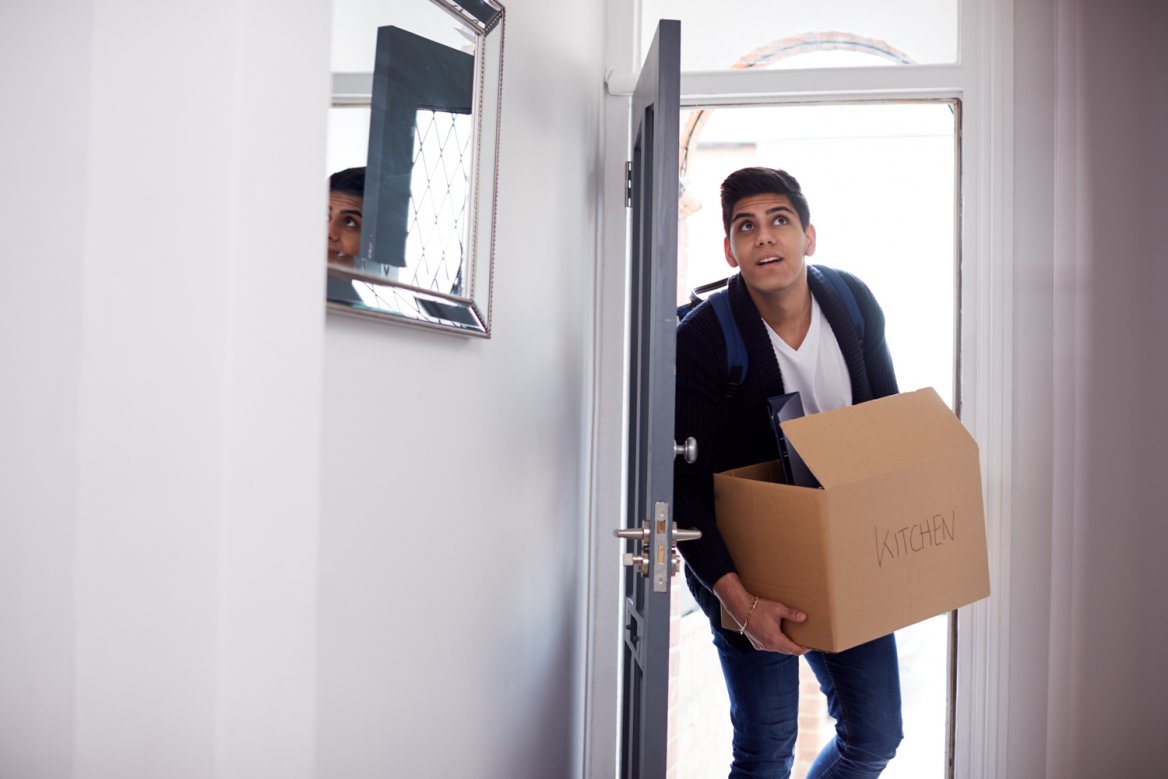Understanding Wisconsin landlord-tenant law can help
Within the next few weeks, thousands of college students will be moving into apartments throughout the state of Wisconsin, looking ahead to the adventures, the personal growth and the educational development of the coming year. Unfortunately, most are unlikely to give much consideration to what they need to do to get their security deposit back from their landlord — until it's time to move out again. By then, of course, it's too late. The damage, as they say, has been done.
Understanding landlord-tenant law in Wisconsin, and your rights and responsibilities as a renter, can go a long way to ensuring you get most, if not all, of that valuable security deposit money back.
Wisconsin landlord-tenant law regarding security deposits
Wisconsin landlords commonly require security deposits to protect their property from damage and themselves from tenants who don't pay their rent. Here are some of your rights and responsibilities as it relates to a security deposit.
- Tenants must be given at least seven days (provided in written notice by the landlord) to inspect the property and document any damages they find. This is important for tenants to take seriously, as it protects you from being charged for damages you didn't cause. It's a good idea to photograph the damages, too, and keep the time-stamped photos for your records.The landlord must disclose that the tenant has the right to see a description or list of damages the landlord held from the previous tenant's security deposit. This disclosure must happen before you pay a security deposit or before any earnest money deposit you've placed on the property is converted into a security deposit. If the tenant requests this list, the landlord must provide it within 30 days or within seven days of charging the previous tenant for those damages.
- The landlord must return the tenant's security deposit, minus whatever damages they have withheld within 21 days of the end of the rental agreement. If the landlord rents the property before the rental agreement is over (because the previous tenant moved out), they must return the security deposit within 21 days of renting the property to the new tenant.
- A landlord may withhold security deposit money legally for many reasons, among them: tenant damage to the property or neglect, back rent, back utilities and nonstandard rental provisions (other reasons the landlord and tenant have mutually agreed upon).
- The landlord may not withhold costs related to normal wear and tear of the property, and there may not be standard, across-the-board deductions for things like cleaning, painting and carpet cleaning.
- Any deduction the landlord takes from the security deposit must be itemized for the tenant, including a description of the reason for the deduction and the amount withheld.
Your responsibilities as a tenant
The Wisconsin law detailed above has many protections in place for both the landlord and tenant. As a tenant, it's essential to follow through on your responsibilities. That includes caring for the property as specified, avoiding damaging the property and paying your financial obligations in a timely fashion, including utilities and rent. In addition, in compliance with the law, the landlord must return your remaining security deposit to you via your last known address. So it's important to notify the postal service and the landlord of your forwarding address as soon as you can to be sure that check arrives as expected.
Getting your security deposit back is easiest when you know your rights
Knowing your obligations and rights as a tenant is an essential part of entering into a rental agreement. And though students may have a lot of distractions at the start of the school year, it's vital to take time to assess and report any existing damage to the property so they won't be wrongly held responsible at the end of the lease agreement. Landlord and tenant disputes are unfortunately quite common, but they are sometimes avoidable if you do your due diligence to get as much of your security deposit back as possible.
 By David Pierce, landlord-tenant lawyer at Johns, Flaherty & Collins. For help with your rental legal issues, call him at 608-784-5678.
By David Pierce, landlord-tenant lawyer at Johns, Flaherty & Collins. For help with your rental legal issues, call him at 608-784-5678.

